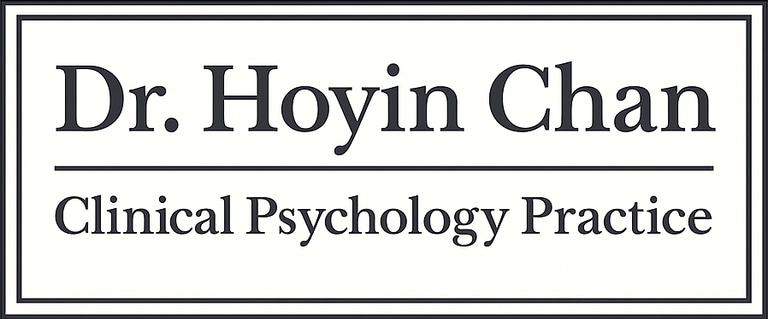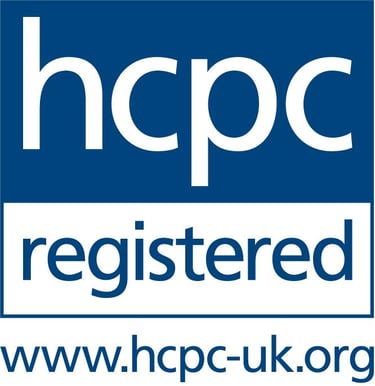What Is Clinical Psychology—and How Does It Differ from Other Types of Therapy?
Dr. Hoyin Chan
6/29/2025

This is a common question I get asked. In short, a clinical psychologist is a mental health professional with doctoral-level training, trained to assess, formulate, and treat a wide range of psycholoigcal and emotional difficulties.
Many people come to therapy thinking they’re seeking support for a single, identifiable issue—perhaps a stressful job, a relationship breakdown, or feelings of anxiety or low mood. But in reality, human experiences are rarely so simple. Beneath the surface, there is often a complex blend of emotional patterns, past experiences, and unresolved difficulties that interact in subtle and powerful ways.
In my clinical work, I often meet people who feel stuck or overwhelmed without knowing exactly why. Some have experienced childhood trauma or challenging relationships with their parents, which continue to shape how they see themselves and relate to others. Others are navigating the emotional aftermath of a miscarriage, the shock of being on a cancer journey, living with long-term health conditions, or the exhausting and often invisible toll of caring for a loved one with significant health needs. Many come to me feeling lost, directionless, or unsure about the future, burdened by expectations or a sense that something isn’t quite right—but unable to put it into words.
This is exactly where clinical psychology can help you—by making sense of what feels confusing, overwhelming, or stuck. Clinical psychologists are trained not just to address surface-level concerns, but to explore the deeper layers of a person’s experience. Our training includes complex psychological assessment, which helps us develop a clear, evidence-based understanding of what’s contributing to your distress. More importantly, we’re trained to link these insights to therapeutic approaches that are flexible and tailored—support that not only addresses the symptoms but also works with the root causes.
While counsellors and psychotherapists also play a vital role—offering safe, reflective spaces to talk and feel understood—clinical psychologists are trained to work with a broader range of complex or longstanding presentations. This includes individuals who aren’t sure what they’re struggling with, or who’ve tried other forms of support but still feel stuck or confused by recurring patterns.
I’m trained in a range of therapeutic approaches, which means I can adapt the work to suit your individual needs. This includes trauma-focused therapies like EMDR (Eye Movement Desensitisation and Reprocessing) and Internal Family Systems (IFS), which are particularly helpful when working with the emotional impact of past experiences. I also draw on approaches like Compassion-Focused Therapy (CFT), which helps build a kinder, more understanding relationship with yourself, and Acceptance and Commitment Therapy (ACT), which supports people in navigating difficult thoughts and emotions while moving toward what matters in their lives. I offer online and face-to-face sessions in Cheadle in South Manchester.
Is Clinical Psychology Right for Me?
No two people’s struggles are the same, and there’s rarely one “right” approach. That’s why I don’t offer a rigid, one-size-fits-all model. Instead, we work together to understand your experiences—whether that’s through structured support, deeper relational work, or helping you process unresolved trauma—always at a pace that feels safe. Life doesn’t fit into tidy boxes, and neither do most people’s difficulties. My role is to meet you wherever you are, with flexibility, care, and the right tools to support real change.
At the heart of it, therapy is about being met with the right kind of support. If you're feeling lost, carrying pain from the past, or unsure where to begin, clinical psychology can help make sense of those feelings and offer a clearer path forward—one grounded in compassion, understanding, and evidence-based care.
If you're feeling overwhelmed, stuck, or unsure where to start, you're not alone. I offer compassionate, professional support online and in-person in Manchester. Contact me to book an initial conversation.









